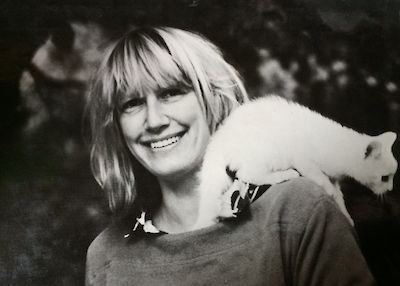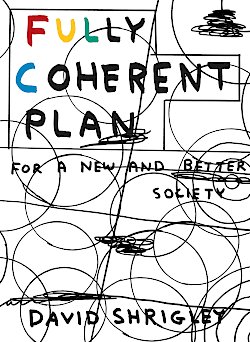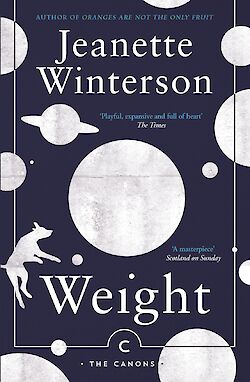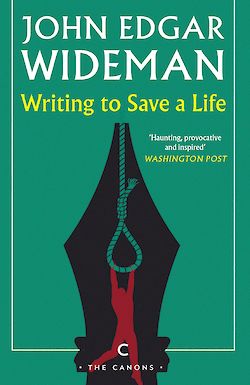“The only difference between a medicine and a poison is the dosage.”
“What you’re reading here is basically a person having a conversation with his own biography.”
Jules Evans, author of The Art of Losing Control, discusses books, reading and philosphy.
Phil Treagus
The Reading Lists

An extract from the audiobook of the New York Times bestseller, read by the author. Daniel H. Pink’s Drive shows that our intuitive notions of how to motivate others – and ourselves – can be very wrong.

An extract from the audiobook of Dragon’s Green by Scarlett Thomas, the first in the thrilling and magical Worldquake Sequence. From the audiobook read by Roger Allam.
‘A vivid closeup of island life … Captures the emotional journey of a man who returns home to remote Shetland and the viewpoints of the people who live there.’
Ian Sansom, Guardian
‘To what degree can we manage our death - or is it mostly out of our hands? This rich series of reflections is the product of decades of contemplation and pastoral responsibility and it gently nudges us to contemplate last things, even we are inclined perhaps not to.’
RTÉ












